Introduction
Generative AI is transforming industries by automating tasks, generating creative content, and enhancing decision-making processes. In this blog, we’ll explore 12 groundbreaking generative AI use cases that will revolutionize how you work. Partnering with a Generative AI development company can help you effectively implement these cutting-edge technologies within your organization.
The future of generative AI is promising, and understanding the fundamentals of generative AI will be crucial for organizations aiming to leverage its full potential.
Generative AI Use Cases in Various Industries
Generative AI revolutionizes industries by automating tasks, generating creative content, and enhancing decision-making processes. This technology has the potential to transform everything from product design and marketing to healthcare and manufacturing. Consider consulting generative AI development services to learn more about how these use cases can be implemented within your organization. Here are some generative ai use cases in various industries:
Automated Writing for Articles and Blog Posts
Generative AI can efficiently create articles and blog posts. Just provide a prompt, and it delivers engaging content—perfect for saving time and generating ideas. This is incredibly useful for content creators and marketers who need to produce high-quality material quickly and consistently. The AI can adjust the tone and style to match the intended audience, making it a versatile tool for various types of writing.
Image, Music, and Video Creation/Editing
Generative AI tools can automate various aspects of media creation and editing. These tools can enhance images, create music compositions, and automate video editing tasks, including effects, transitions, and captioning. This automation saves significant time and effort while ensuring consistency and quality. Applications like Adobe’s Sensei platform leverage generative AI for content creation in marketing campaigns, streamlining workflows for media agencies and content creators.
Automated Code Generation
Generative AI assists in software development by automatically generating code snippets for various applications such as web development, APIs, and machine learning models. This boosts developer productivity, reduces coding errors, and accelerates software development cycles. GitHub’s Copilot exemplifies how AI can assist developers in writing code, thereby streamlining the development process.
Generative AI in Game Development
Generative AI algorithms can create game levels, characters, and environments based on predefined parameters and player preferences. This streamlines game development processes for gaming studios, enabling them to produce high-quality games more rapidly and cost-effectively. Ubisoft employs generative AI to generate game worlds in titles like Assassin’s Creed, enhancing both the development phase and the player experience.
Chatbots and Virtual Assistants
AI-driven chatbots are revolutionizing customer service by providing instant responses, handling routine queries, and enhancing the overall customer experience. Torri.ai is one such chatbot platform that allows customers to build a no code chatbot in just a few minutes . These chatbots can interact with customers, answer questions, and provide assistance 24/7. This improves customer service, reduces wait times, and lowers operational costs for businesses.
Generative AI for Data Analysis
Generative AI can revolutionize data analysis by creating synthetic datasets to augment existing data and address limitations. This is particularly useful for tasks requiring a vast amount of data, such as training machine learning models or testing algorithms. Explore Generative ai data analysis to learn more about this application and its potential benefits.
Personalized Marketing and Sales
Generative AI can analyze customer data (like past purchases, browsing history, and demographics) to offer tailored product recommendations. This enhances the shopping experience for customers, increases sales conversion rates, and fosters customer loyalty in the e-commerce and retail industries. Companies like Netflix leverage generative AI to provide personalized movie recommendations, thereby improving user satisfaction and subscription retention.
Text-to-Speech Generation
Generative AI can create realistic speech audio, useful for education, marketing, podcasting, and advertising. This technology is cost-effective, flexible, and can speak in multiple languages. For example, DeepMind’s WaveNet generates lifelike speech for virtual assistants like Google Assistant, enhancing user interactions with articulate, human-like voices.
Resume Screening and Candidate Matching
Generative AI companies streamline the recruitment process by automating the initial screening of resumes and identifying key qualifications, experience, and skills to focus on the most promising candidates. AI-driven algorithms analyze job requirements and candidate profiles, ensuring a more precise and efficient matching process. Companies save time and resources by focusing only on the most qualified candidates. Notable Generative AI Companies in this space include HireVue, Pymetrics, and HiredScore, which leverage advanced AI technologies to enhance recruitment efficiency and accuracy.
Generative AI for Financial Reporting and Analysis
Generative AI can generate financial reports and analyze data quickly and accurately. This helps businesses make better financial decisions and identify trends in large datasets. Bloomberg is a prime example, using generative AI to enhance financial reporting and provide valuable insights for strategic planning.
Fraud Detection and Risk Management
Generative AI can help with fraud detection by analyzing communication patterns and identifying anomalies that may indicate fraudulent activities, such as phishing attempts. This technology can also assess risk by analyzing historical data to predict future trends and behaviors, allowing businesses to take proactive measures. Industries including financial services and cybersecurity are leveraging generative AI to enhance their risk management frameworks.
Creative Question Asking
CQA (Creative Question Asking) is about generating thought-provoking questions to stimulate your mind. AI generates these questions to stimulate discussions and enhance engagement in various contexts, such as meetings and brainstorming sessions. For instance, Slack employs generative AI to create engaging icebreaker questions in team channels, encouraging participation and fostering innovation.
Explore various Generative AI Applications for a broader picture of generative AI capabilities.
Conclusion
Generative AI is a powerful technology that simplifies complex tasks across various industries. From content creation and software development to customer service and predictive maintenance, generative AI is changing the way we work and opening up new possibilities. Embracing these use cases will enable businesses to be more efficient, creative, and customer-focused.
Consider consulting a Generative AI Development Company to learn more about generative AI use cases and their development.
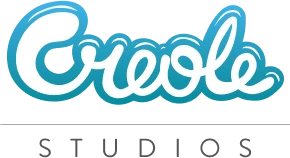

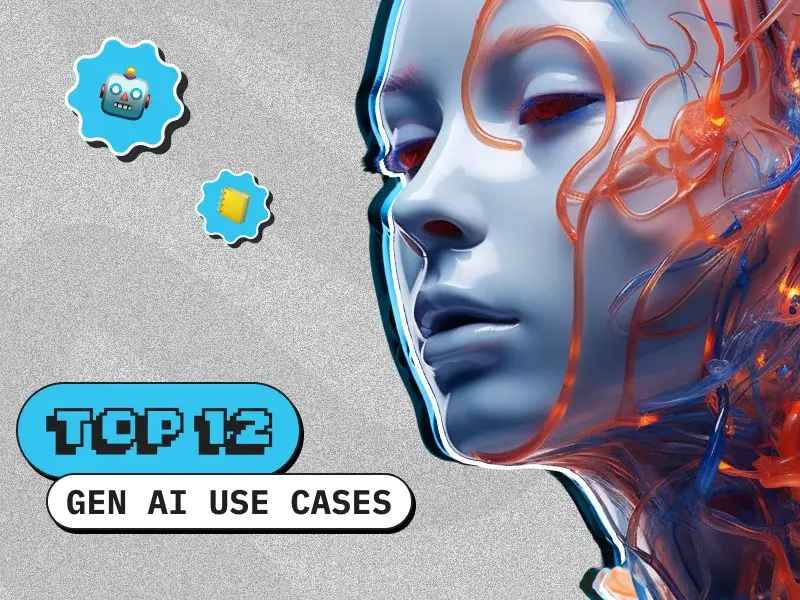








 30 mins free Consulting
30 mins free Consulting 
 11 min read
11 min read 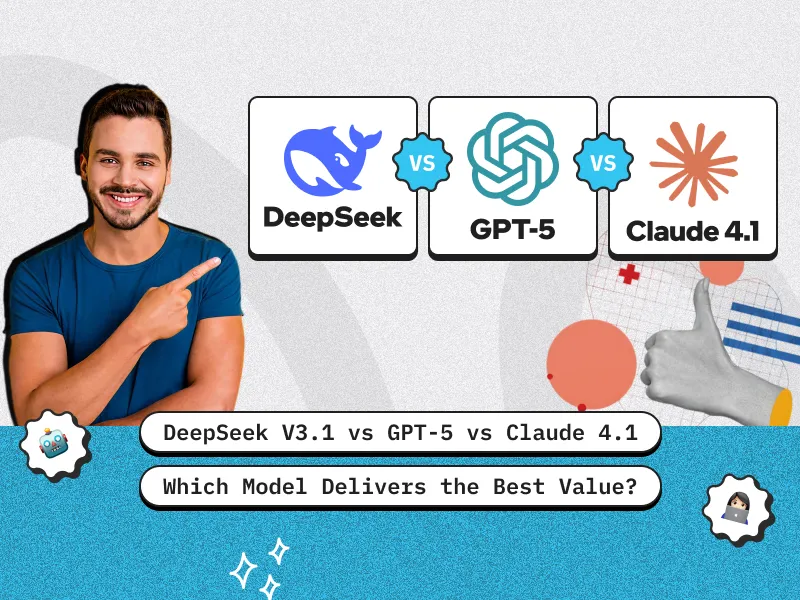
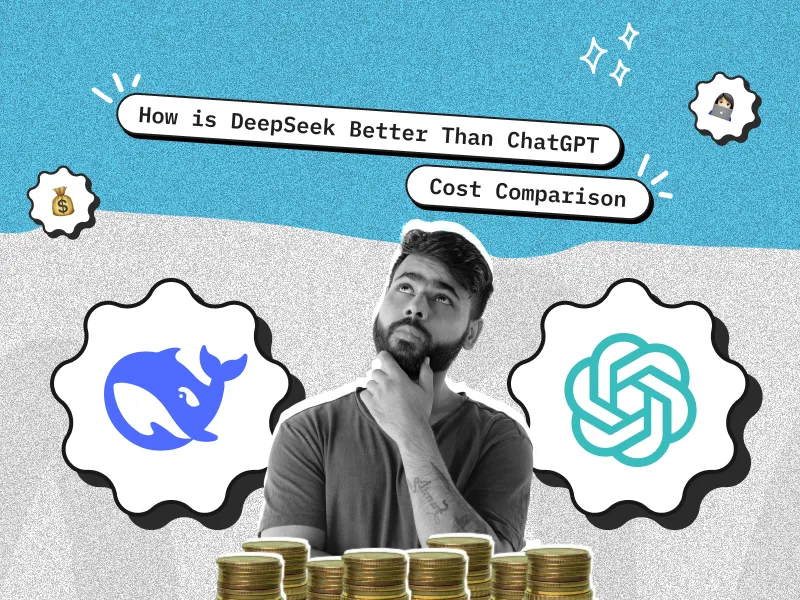
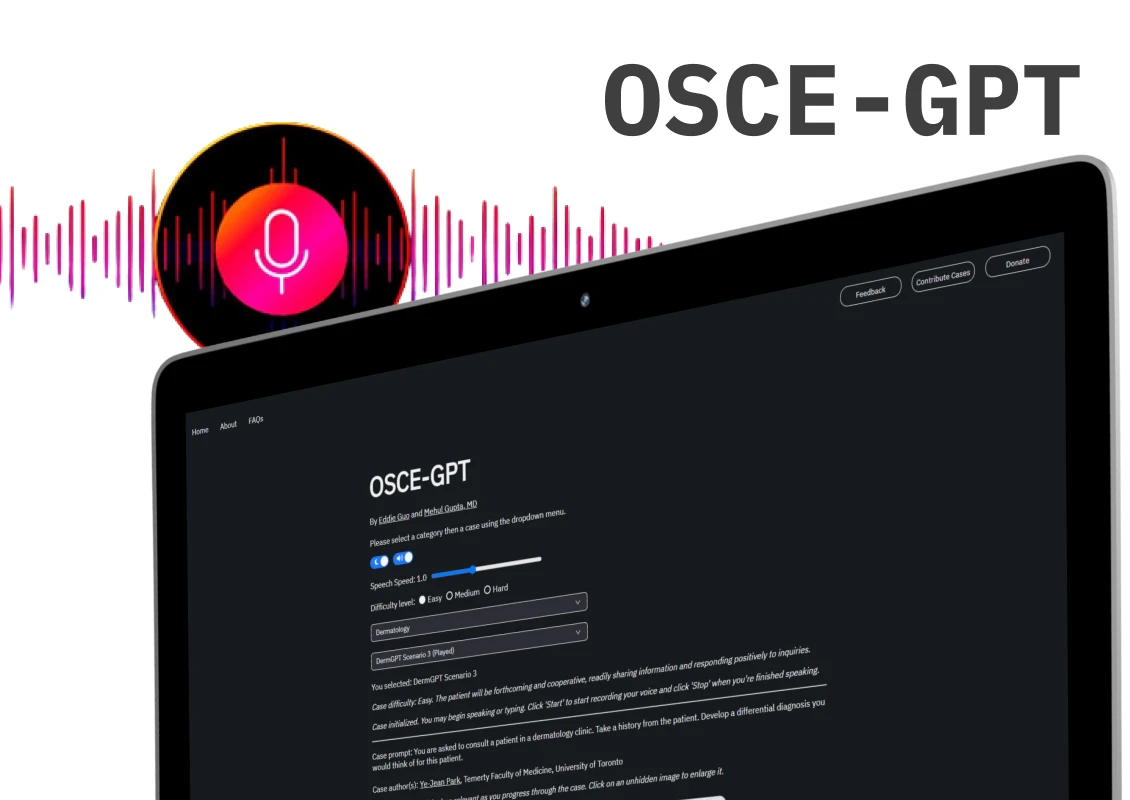
 Canada
Canada 





 Love we get from the world
Love we get from the world 